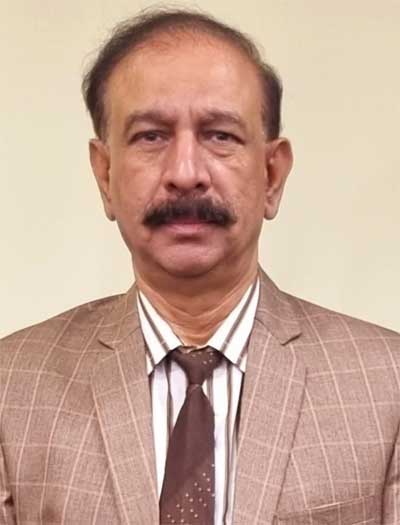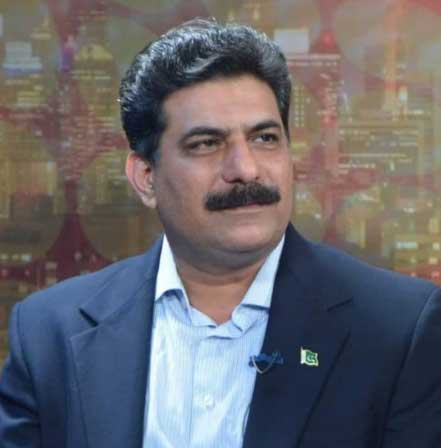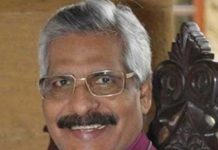As the dust settles from the recent May 2025 war between Pakistan and India, the people of Pakistan must come together not just to reflect, but to rebuild and realign national priorities. Though the nation has once again demonstrated remarkable courage, resilience, and the unmatched valour of its armed forces, this is not the time to rest. Instead, it is a pivotal moment to strengthen national unity, enhance trust in our institutions, and prepare the younger generation for the challenges ahead.
A Moment of Caution, Not Complacency
While the brave defence mounted by Pakistan’s military forces has kept the country’s sovereignty intact, this is no time for celebration or complacency. War, regardless of its outcome, leaves behind a trail of consequences-economic strain, loss of lives, and potential geopolitical shifts. The psychological and emotional toll on the citizenry, especially the families who lost loved ones, cannot be ignored.
The nation must resist the temptation to relax or assume that the threat has passed for good. The geopolitical landscape remains volatile, and the possibility of future conflicts cannot be dismissed. Rather than treating this recent confrontation as an end, it should be seen as a reminder-a call to strengthen internal structures, policies, and the collective national mindset.
National Unity: Our Greatest Strength
History has shown that a nation divided within is more vulnerable to threats from outside. One of the most critical lessons from this war is the importance of national unity. Sectarian, ethnic, or political divides must take a back seat when national security and the future of the country are at stake.
In the face of adversity, the Pakistani people displayed commendable solidarity. Civil society, the media, religious scholars, and political leaders mostly stood shoulder to shoulder-in support of the armed forces. However, this unity must not be temporary or circumstantial. It must evolve into a lasting national ethos-where all Pakistanis, regardless of their background, contribute to a stable and progressive society.
The need of the hour is to foster a culture of tolerance, mutual respect, and constructive dialogue. Every citizen, from a rural farmer to an urban academic, must feel a sense of belonging to the larger national framework. That sense of belonging breeds responsibility-and with responsibility comes resilience.
Trust in the Armed Forces: A Sacred Bond
The recent war reaffirmed what many already knew-Pakistan’s armed forces are among the most professional and battle-hardened militaries in the world. Their performance in defending national borders under extremely challenging circumstances has been nothing short of heroic. Yet, their strength is not just measured by their military capability, but also by the unbreakable bond they share with the people of Pakistan.
This bond must be preserved and nurtured. While critical discourse and democratic scrutiny are part of a healthy society, they should never be allowed to turn into divisive narratives that undermine national security institutions. The people’s trust in the military is not just emotional-it is strategic. It fuels morale, encourages voluntary service, and acts as a deterrent to hostile forces.
In return, the armed forces must continue to operate with transparency, integrity, and unwavering dedication to constitutional responsibilities. The civil-military relationship should be one of mutual respect and partnership, working together for the stability and progress of Pakistan.
The Role of Youth: Architects of the Future
The youth of Pakistan make up more than 60% of the population. Their role in shaping the post-war future of the country is crucial. If Pakistan is to avoid future conflicts and ensure lasting peace, it must invest in its young people-not just as students or employees, but as future leaders, innovators, and defenders of national integrity.
Education must be the foremost priority. We must create a generation that is not only literate but also informed, curious, and capable of critical thinking. Our education system needs reforms that encourage creativity, problem-solving, and patriotism. A well-educated youth population is the most powerful weapon against ignorance, extremism, and foreign propaganda.
Equally important is preparing youth for the post-education phase-employment, entrepreneurship, and civic engagement. The state and private sector must work together to create job opportunities, mentorship programs, and platforms for innovation. Technical skills, digital literacy, and soft skills should be integrated into national education policies.
Moreover, the youth must learn from the past. The mistakes that led to previous internal conflicts, policy failures, and societal divisions should serve as lessons, not burdens. Awareness programs, history education, and national dialogue must highlight these lessons constructively-encouraging the next generation to do better, be better, and think beyond themselves.
Learning from Mistakes and Preparing for the Future
Pakistan has experienced multiple conflicts in its history, and each has left behind valuable lessons. The recent war should be no different. Policymakers, military strategists, and civil society must sit together to analyze what went wrong, what went right, and what could be improved.
Were we fully prepared? Were our diplomatic channels efficient? Did our international allies stand with us, and why? These are critical questions that must be asked-not to assign blame, but to improve.
Preparation must not only be military. It must be economic, diplomatic, and technological. Cybersecurity, artificial intelligence, economic independence, food security, and water management are all modern-day battlefields. If we are to avoid future wars, or at least face them with greater strength, we must prepare on all these fronts.
Conclusion: A Nation at the Crossroads
Pakistan stands at a crossroads. The May 2025 war has given us both a warning and an opportunity. It has shown us the dangers of geopolitical volatility, but also the power of unity and resilience. As we move forward, we must keep our eyes wide open-learning from the past, securing the present, and preparing for the future.
Let us not relax.
Sign in
Welcome! Log into your account
Forgot your password? Get help
Password recovery
Recover your password
A password will be e-mailed to you.





